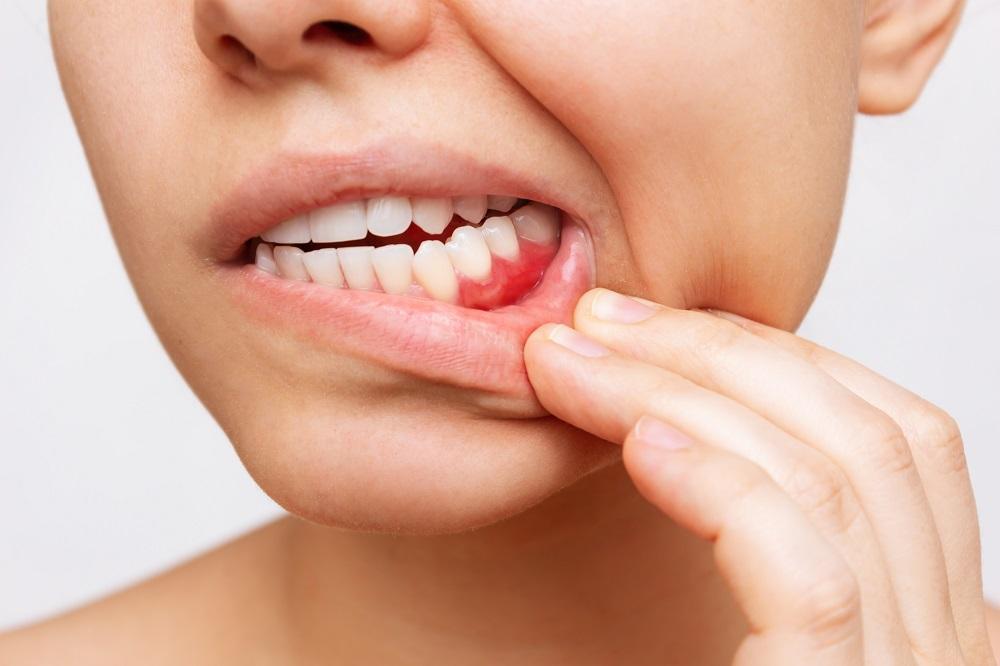Have you ever noticed that your gums look a little puffy, red, or even bleed when you brush? Swollen gums can be more than just an annoyance; they’re often a sign that something isn’t quite right with your oral health. At PretoriaSmile, we believe in empowering our patients with knowledge, so let’s dive into what causes swollen gums, how to treat them, and when to seek professional help.
Why Are My Gums Swollen? Common Causes
Swollen gums, medically known as gingivitis, are usually your body’s way of telling you there’s an underlying issue. Here are some of the most common culprits:
- Plaque Buildup (The Number One Culprit!): This is by far the most frequent cause. When you don’t brush and floss effectively, food particles and bacteria accumulate on your teeth, forming a sticky film called plaque. If not removed, plaque hardens into tartar, both of which irritate your gum tissue, leading to inflammation and swelling.
- Poor Oral Hygiene: This goes hand in hand with plaque. Inconsistent or improper brushing and flossing allow plaque to thrive, directly contributing to gum inflammation.
- Hormonal Changes: Fluctuations in hormones can make your gums more sensitive and prone to inflammation. This is commonly seen during:
- Pregnancy
- Puberty
- Menstruation
- Menopause
- Certain Medications: Some drugs can have side effects that include gum overgrowth or inflammation. For example, certain anticonvulsants, immunosuppressants, and calcium channel blockers can lead to gingival enlargement.
- Nutritional Deficiencies: A severe lack of Vitamin C (scurvy) can lead to bleeding and swollen gums, though this is rare in developed countries.
- Ill-fitting Dental Appliances: Dentures, bridges, or retainers that don’t fit properly can irritate gum tissue, leading to localised swelling.
- Systemic Diseases: Conditions like diabetes, leukaemia, and certain autoimmune diseases can manifest with gum inflammation as a symptom.
- Infections: Fungal or viral infections can sometimes cause gum swelling.
What Can I Do? At-Home Treatments & When to Seek Help
The good news is that for many cases of swollen gums, improved oral hygiene can make a significant difference.
Your First Line of Defence: Excellent Oral Hygiene
- Brush Gently, but Thoroughly: Use a soft-bristled toothbrush and brush twice a day for two minutes each time. Focus on the gumline, using gentle, circular motions. Avoid aggressive scrubbing, which can further irritate your gums.
- Floss Daily: Flossing is crucial for removing plaque and food particles from between your teeth and under the gumline, where your toothbrush can’t reach.
- Antiseptic Mouthwash: Using an antimicrobial mouthwash can help reduce bacteria and inflammation. Follow the instructions on the product label.
Soothing Remedies
- Saltwater Rinses: A classic and effective remedy! Mix half a teaspoon of salt in a glass of warm water and rinse your mouth several times a day. This can help reduce inflammation and soothe sore gums.
- Lukewarm Water Rinses: Simply rinsing with plain lukewarm water can also provide comfort and help dislodge food particles.
When to See the PretoriaSmile Team
While home remedies can help, it’s crucial to understand when to seek professional help. If your swollen gums:
- Persist for more than a few days
- Bleed easily and frequently
- Are accompanied by pain or discomfort
- They are getting worse despite improved oral hygiene
- Are they affecting your ability to eat or speak
Don’t hesitate to book an appointment with us at PretoriaSmile!
Our experienced team can accurately diagnose the cause of your swollen gums and recommend the most appropriate treatment.
Beyond Basic Cleaning: When Swelling is Severe
In some severe or long-standing cases, where gum tissue has become significantly overgrown or damaged due to chronic inflammation, a more advanced treatment might be necessary. One such procedure is a gingivectomy.
What is a Gingivectomy?
A gingivectomy is a surgical procedure to remove excess or diseased gum tissue. This can be necessary to:
- Eliminate deep gum pockets: These pockets, formed by swollen gums pulling away from the teeth, become breeding grounds for bacteria and are difficult to clean. A gingivectomy removes these pockets, allowing for better oral hygiene and preventing further disease progression.
- Improve aesthetics: In cases where medication or genetics have caused excessive gum tissue to cover too much of the tooth (a “gummy smile”), a gingivectomy can reshape the gum line for a more balanced and aesthetically pleasing smile.
While the thought of surgery might sound daunting, gingivectomy is a routine and safe procedure performed to restore gum health and improve the appearance of your smile. We will always discuss all your options and ensure you’re comfortable and informed every step of the way.
Don’t Let Swollen Gums Steal Your Smile!
Healthy gums are the foundation of a healthy mouth and a beautiful smile. If you’re experiencing swollen gums, take action! Start with diligent oral hygiene and consider soothing remedies. Most importantly, if the problem persists or worsens, contact PretoriaSmile today. We’re here to help you achieve and maintain optimal oral health.



